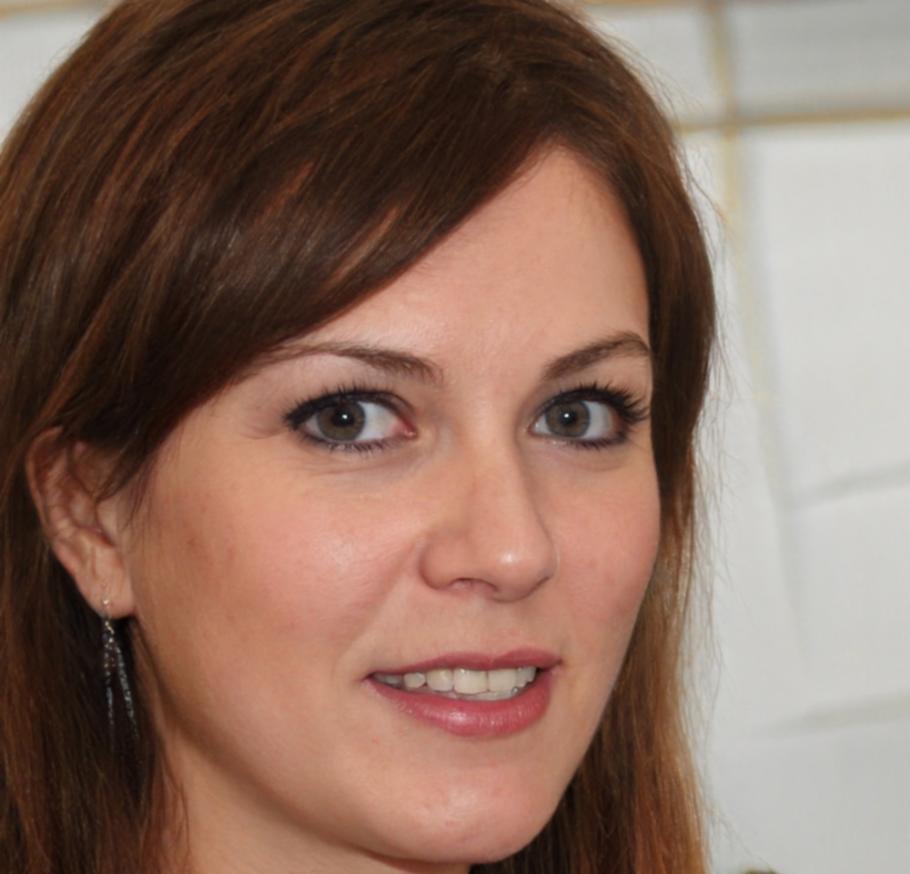Master Rolling Budget Techniques for Real Financial Control
Stop treating budgets like static documents that sit in a drawer until next year. Rolling budgets adapt with your business—and we'll show you how to build them properly.
Our program runs from September 2025 through March 2026, giving you six months to develop practical skills that actually matter in day-to-day financial management.

Your Learning Journey: Four Progressive Stages
We've structured this program around how people actually learn financial planning—not how textbooks think they should. Each stage builds on what came before, with plenty of room for questions and practice.
Foundation: Understanding Why Rolling Budgets Matter
We start with the basics because even experienced finance professionals sometimes miss the bigger picture. You'll learn what makes rolling budgets different from traditional annual plans, and more importantly, when they're actually useful versus when they're overkill.
This isn't about theory for theory's sake. We look at real businesses operating in Thailand's market and examine how their budget approaches work (or don't work) in practice.
Building Your First Rolling Budget Framework
Here's where things get practical. You'll actually build a working budget model—not follow along with someone else's spreadsheet, but create your own from scratch. We provide the structure and guidance, but you make the decisions.
Expect to spend time troubleshooting formulas and rethinking your assumptions. That's where the real learning happens, not in perfectly polished examples.
Advanced Techniques and Scenario Planning
Once you've got the basics working, we introduce complications—because real businesses are complicated. Multiple departments, currency fluctuations, seasonal variations, unexpected growth spikes. Your budget needs to handle all of it without falling apart.
We also cover what to do when your forecasts are wrong, which they will be. Building flexibility into your system matters more than perfect accuracy.
Implementation and Team Communication
The best budget in the world is useless if nobody understands it or uses it. This final stage focuses on presenting your work to stakeholders, training team members, and setting up maintenance routines that actually stick.
You'll practice explaining complex financial concepts to non-finance people—a skill that's surprisingly hard to develop but incredibly valuable.
Learn from People Who Actually Do This Work
Our instructors aren't just teachers—they manage real budgets for real organizations. They know what works, what doesn't, and why your spreadsheet keeps breaking at 2am before a board meeting.

Vernon
Financial Planning Lead
Spent eight years building budget systems for mid-size companies across Southeast Asia. Specializes in making complicated financial models actually usable by normal humans.

Cleo
Budget Systems Specialist
Former controller who discovered she preferred teaching financial planning to doing it full-time. Known for practical examples and catching mistakes before they become problems.

Ramona
Forecasting Analytics
Brings a data analysis background to budget planning. Particularly good at helping students understand when their assumptions don't match their data—and what to do about it.
What You'll Actually Learn: Module Breakdown
We've organized the curriculum into modules that build on each other logically. Each one includes hands-on work, not just lectures and readings. Hover over any module to see what's inside.
Module 1: Budget Fundamentals and Rolling Concepts
Module 2: Building Your Budget Model
Module 3: Scenario Planning and Sensitivity Analysis
Module 4: Reporting and Communication
Module 5: Advanced Topics and Integration
Ready to Build Better Budget Systems?
Our next cohort starts September 15, 2025. Classes meet twice weekly for six months, with flexible scheduling options for working professionals. Limited to 25 participants so everyone gets individual attention.
Get Program Details